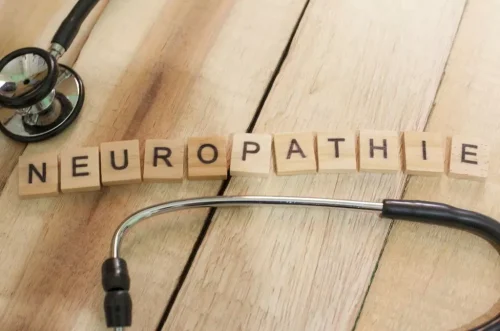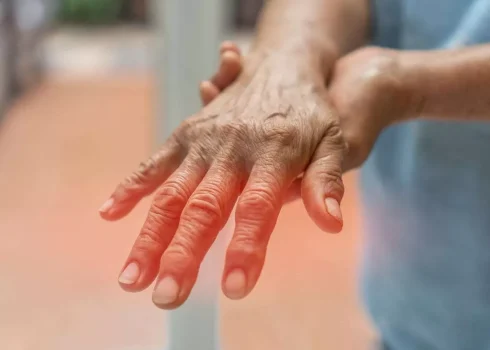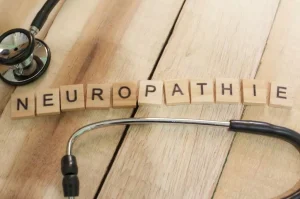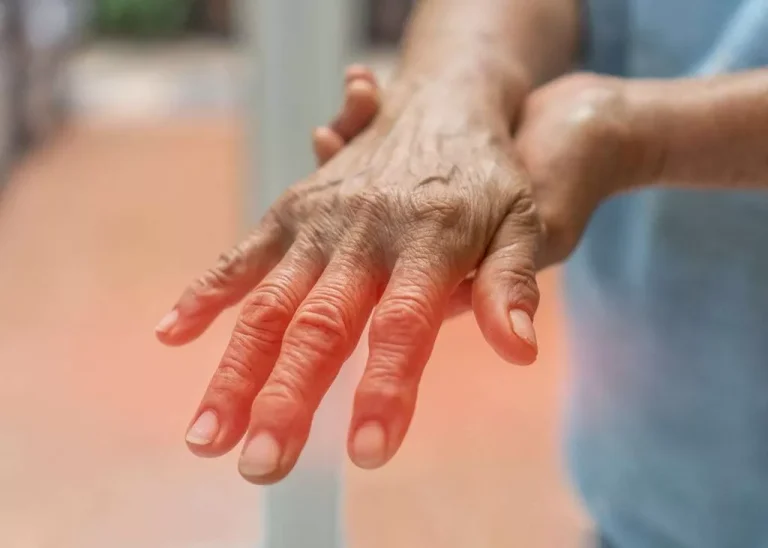The Ultimate Alcohol-Free Toolkit: 6 Proven Tools To Cut Back On Drinking

If you’re looking for the best programs to quit drinking, the method you choose will depend largely on your personal circumstances and the health benefits you seek. Options include self-help programs, online therapy, medication-assisted treatments, in-person therapy, counseling organizations, and support groups. Common alcohol withdrawal symptoms can include nausea, shaking, and sweating—which can be unpleasant or even dangerous. In order to quit drinking, you may need proper medical support to detox safely.

Helping Someone with a Drug Addiction
It may even help if you spend time with other nondrinkers for a while so you can support each other. Whether you’re struggling or just want some extra guidance, consider reaching out for support from professionals who are trained in addiction treatment. You feel like your friends and family won’t understand or support your decision to stop drinking. When someone drinks alcohol for a prolonged period of time and then stops, the body reacts to its absence. This is alcohol withdrawal, and it causes uncomfortable physical and emotional symptoms. Minor, moderate, and severe withdrawal symptoms typically begin about 6 hours after the last drink is consumed.
Adopt a Fitness Routine for Structure and a Healthy Reward System
- Instead of criticizing yourself for having a hard time or slipping up and having a drink, remember that no one’s perfect.
- Very often the people in your life — friends, family, co-workers — are affected by your drinking in ways you might not even realize.
- Many types of support are available in the community and on the internet.
- Alcohol abuse and addiction doesn’t just affect the person drinking—it affects their families and loved ones, too.
I’m a writer, competitive chess player, Army veteran, physicist, and former professional heavyweight boxer. My work focuses on self-development, realizing your potential, and sobriety—speaking from personal experience, having overcome both poverty and addiction. You need to find new hobbies to take the place of things you used to do while drinking. You I drink every night am I an alcoholic need to find new activities and people to socialize with if all of your previous social activities revolve around boredom.
Understand your relationship with alcohol

People who have a severe reaction to quitting alcohol should seek emergency treatment. Dr. Streem says that if your goal is to stop drinking altogether, you’re more likely to have success quitting all at once, rather than weaning off alcohol. But that advice changes if you’re living with alcohol use disorder.

- American Addiction Centers can improve treatment outcomes for those in recovery for alcohol use disorder.
- It’s important to have sober friends who will support your recovery.
- However, try not to have too many firm expectations, as symptoms can continue for multiple weeks in some people.
- If you’re wondering how to stop drinking alcohol every night and you tend to drink at home, don’t keep alcohol in your house.
- If it’s all you’ve known and you give it up out of fear, your desire for familiarity will win in the long run.
Alcoholic drinks often contain many calories, so by cutting out alcohol you can cut your total calorie intake. Programming can range from hour-long sessions a few times a week to several hours per day. Setting a goal to stop drinking alcohol requires a person to be aware of their reasons for this behavioral change. When you’re craving alcohol, there’s a tendency to remember the positive effects of drinking and forget the negatives. Remind yourself of the adverse long-term effects of heavy drinking and how it won’t really make you feel better, even in the short term.

The person with the drinking problem needs to take responsibility for their actions. Don’t lie or cover things up to protect someone from the consequences of their drinking. When you drink, sip slowly and take a break of 30 minutes or one hour between drinks. Drinking on an empty stomach is never a good idea, so make sure you eat food when you drink. Make it clear that drinking will not be allowed in your home and that you may not be able to attend events where alcohol is being served. BetterHelp is an online therapy service that matches you to licensed, accredited therapists who can help with depression, anxiety, relationships, and more.
- No matter your situation, Dr. Das emphasizes the power of enlisting help as you embark on a life sans booze.
- Some researchers have also found that alcohol stimulates appetite, causing you to eat more when you drink.
- Fear of loneliness can keep you cutting back or cutting out your drinking.
- Tell trusted family and friends about your plan to quit or cut back on alcohol.
- Potential solutions might include looking for low-cost treatment options, joining a support group, and talking to a mental health professional.
Alcohol addiction is more than just a physical problem; it often has psychological roots in family history or past trauma. Dr. Prylinski recommends people in recovery seek ongoing support, which may include counseling, medications and support groups like Alcoholics Anonymous. No matter your situation, Dr. Das emphasizes the power of enlisting help as you embark on a life sans booze. Start by talking to any doctors, nurses, or therapists you may already be seeing. Talking with an addiction therapist or medical specialist can assist you in your goal to stop drinking. This could mean attending a support group specifically for people with alcohol issues like Alcoholics Anonymous (AA).